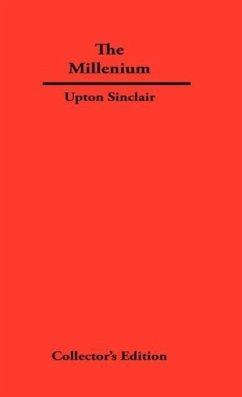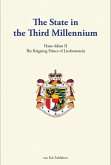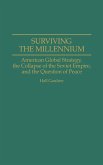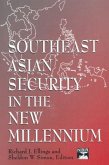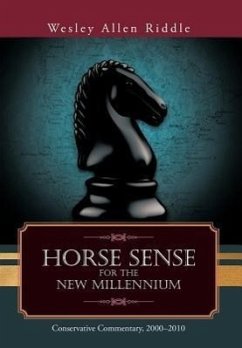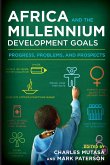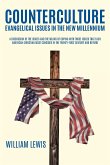In 1924 Upton Sinclair wrote this novel. The Millenium takes place in the year 2000. As capitalism reaches its apex, a 100-story Pleasure Palace is built in the middle of Central Park - New York City. It is built for the pleasure of the ruling class - pigs that they are! As the Palace has its 'grand opening' an experiment with radiumite goes real bad and it explodes killing everyone in the world except eleven people at the Palace. These eleven people are extremely wealthy and are incapable of living without luxury and servants. The group attempts to build a new capitalist society but it fails. Three of the survivors leave the Palace, led by Billy Kingdom and go to the Pocantico Hills above the Hudson River to create a utopian society known as the Co-operative Commonwealth. This novel is by far the most creative of Sinclair's writings as he envisions a truly near perfect society of people. It is an advneture de grandeur! A Collector's Edition.

